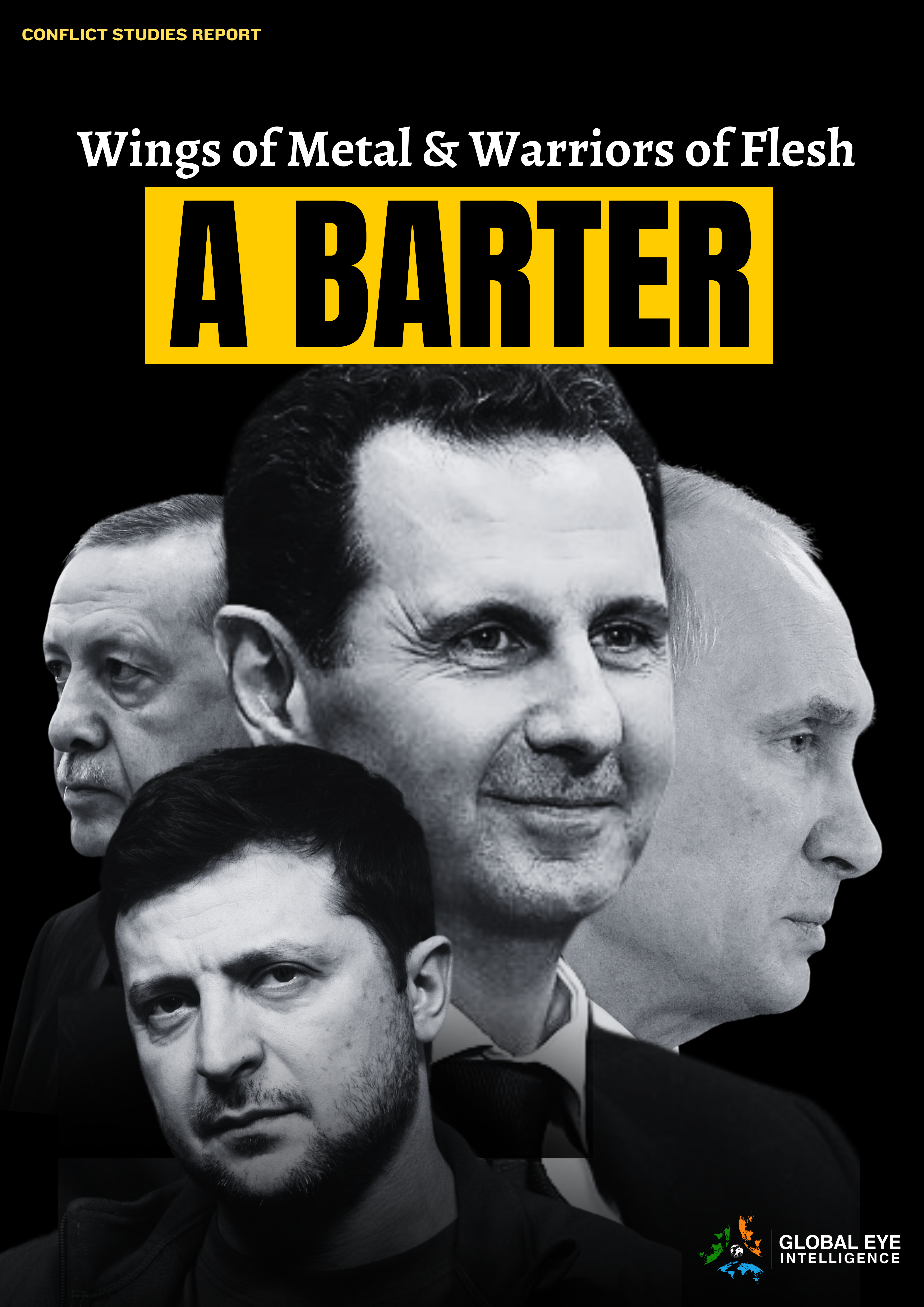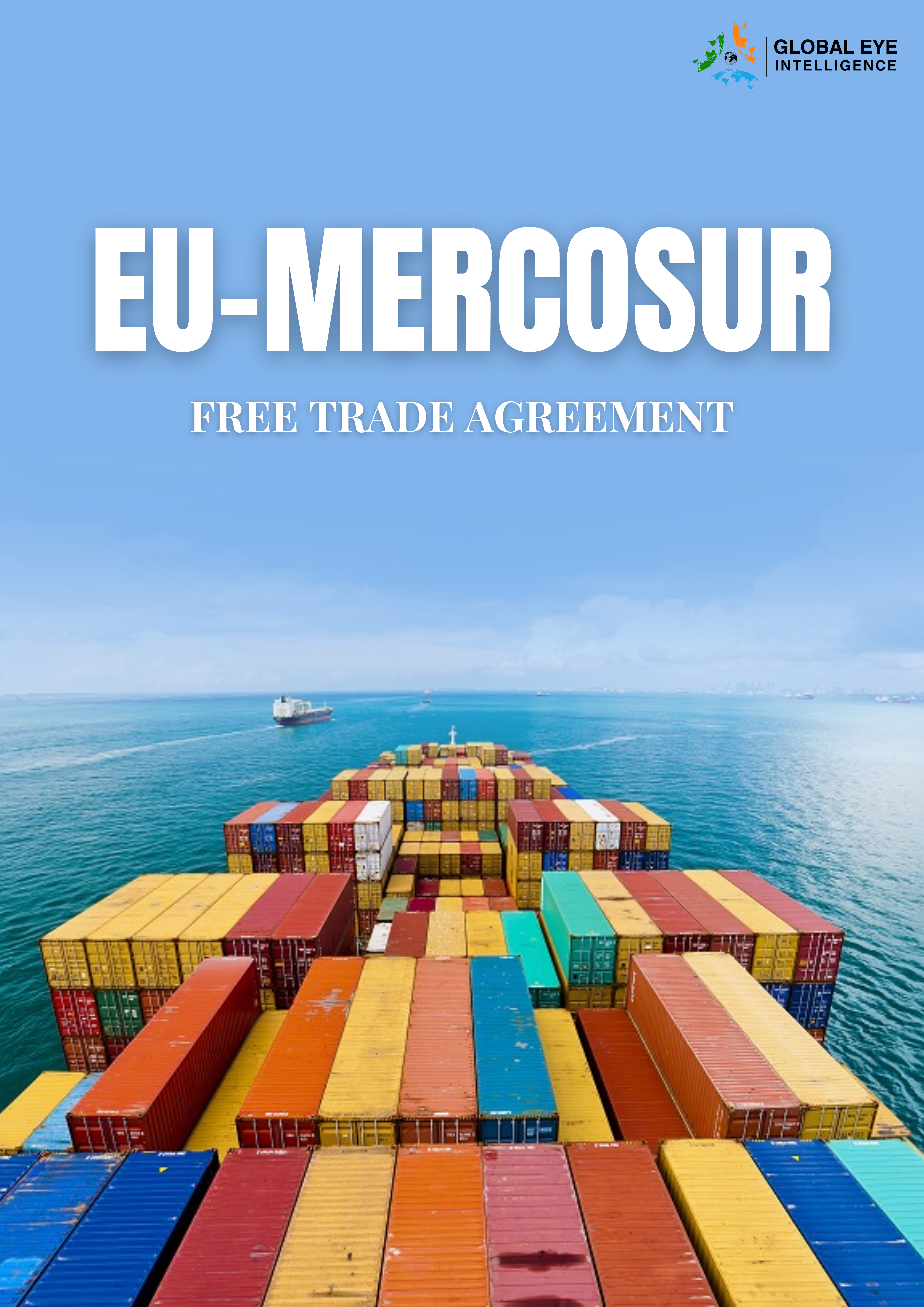
- Capital City: Berlin
- General Information Official Language: German (official)
- Currency: Euro
- Population (2024): 84 million
Political Overview
Government Type
Federal parliamentary republic
Key Leaders
- President: Frank-Walter Steinmeier
- Chancellor: Olaf Scholz
Political Stability Index
0.61
International Alliances
- EU, NATO, UN, and OECD
Economic Overview
GDP (Nominal)
$4.56 trillion
GDP (PPP)
$5.16 trillion
Key Industries
- Automotive
- Machinery & equipment manufacturing
- Chemicals and pharmaceuticals
- Electronics
Top 5 Importers/Exporters
The top exports are USA, France, Netherlands, China, and UK.
The top imports are Netherlands, China, USA, France, and Italy.
Social Indicators
Human Development Index
0.947
Literacy Rate
99%
Life Expectancy
80.71
Geopolitical Relevance
Strategic Location
Located in Central Europe, bordered by nine countries: Denmark to the north, Poland and the Czech Republic to the east, Austria and Switzerland to the south, France to the southwest, Luxembourg and Belgium to the west, and the Netherlands to the northwest; it has coastlines along the North Sea and the Baltic Sea.
Key Conflicts
None
Border Issues
None
Military Strength
180,215 active-duty military personnel . NATO member
Related Posts
-

Wings of Metal & Warriors of Flesh- A Barter
Executive Summary: This is a multi-layered report regarding recent developments in West Asia that have been happening almost simultaneously. They have a little possibility of being coincidental. They are somehow connected through an invisible string of geopolitics. This report tries to make sense of these developments and connect as few dots. The report starts with…
-

Terror Strikes the US
Executive Summary The US faced a series of coordinated terrorist incidents during the New Year period, highlighting vulnerabilities in urban security infrastructure and raising questions about counterterrorism preparedness. The attacks in New Orleans and Las Vegas bear hallmarks of hybrid warfare, with implications for domestic and international security policy. Key findings include: New Orleans Attack:…
-

WILDFIRES ON THE RISE: THE EASTERN U.S. FACES AN INCREASED THREAT
EXECUTIVE SUMMARY Wildfires on the Eastern Coast of the United States are increasing in frequency, reshaping the usual disaster preparedness in the region. Historically rare due to humid climates, this trend stems from climate change, land-use changes, and outdated fire suppression policies. Recent surges, such as over 537 fires in New Jersey and 60 in…
-

The Rebirth of ALBA
Introduction ALBA (The Bolivarian Alliance for the Peoples of Our America) is an intergovernmental organization aimed at politically and economically integrating Latin America and the Caribbean Islands. Founded on a socialist framework, it opposes Western capitalist systems, particularly the United States. Initially proposed by Venezuela’s Hugo Chavez and Cuba, the alliance started in 2004 with…
-

EU-MERCOSUR FREE TRADE AGREEMENT
EXECUTIVE SUMMARY With the goal of enhancing economic growth, trade flows, and geopolitical alliances, the EU-Mercosur Free Trade Agreement (FTA) is a long-negotiated trade pact between the European Union and the South American trading market “Mercosur” consisting of Brazil, Argentina, Uruguay, and Paraguay which was “agreed in principle” in 2019, its ratification was being delayed…
-

Bolivias Security Crisis
Executive Summary Bolivia is navigating a precarious political landscape marked by deep divisions between the opposition and the ruling Movement for Socialism (MAS), led by President Luis Arce. Lingering tensions from the 2019 political crisis—when former President Evo Morales was ousted—continue to fuel unrest. Accusations against Arce’s government include undermining democratic principles, centralizing power, and…
-

Cuba’s Energy Crisis and Strategic Implications
Executive Summary In 2024, Cuba experienced its most severe energy crisis in decades, culminating in the collapse of the Antonio Guiteras thermoelectric plant. This failure highlights the significant vulnerabilities within Cuba’s energy infrastructure. The nation has faced frequent power outages, severely disrupting economic activities and essential services, sparking widespread public protests, and causing a shift…
-

El Salvador’s Nuclear Law
Executive Summary: In July 2024, El Salvador passed the New Nuclear Energy Law to diversify its energy matrix by including nuclear energy as a potential future source. The law establishes the Organization for the Implementation of the Nuclear Energy Program (OIPEN) to guide the development of nuclear capabilities, primarily focusing on electricity generation, industrial applications,…
-

Sahel Crisis and ECOWAS
Background: The Sahel, a semi-arid region stretching from the Atlantic Ocean to the Red Sea, faces severe challenges, including jihadist uprisings, displacement, and environmental crises. Burkina Faso, Niger, and Mali are destabilized by Al-Qaeda-linked JNIM and ISIS Sahel operations, displacing over 4.2 million people. Military coups since 2020 have weakened governance, worsened by desertification, farmer-herder…
-

China in Maghreb
Executive Summary This report examines the growing strategic partnership between China and Morocco, emphasizing their collaboration under the Belt and Road Initiative and shared geopolitical interests. It explores the implications of this relationship on regional dynamics, particularly in the context of the Western Sahara dispute and Morocco’s evolving foreign policy. The analysis highlights opportunities for…

